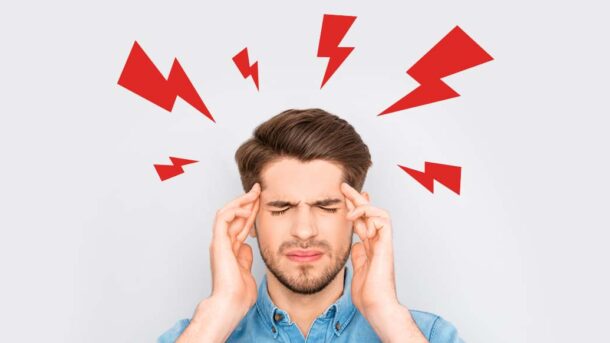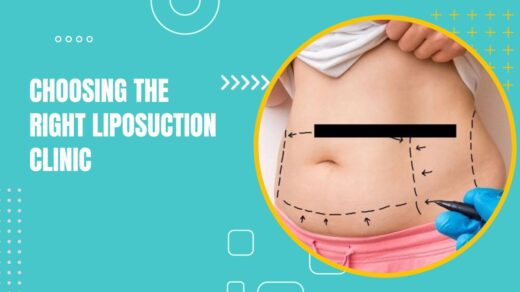Headaches are one of the most common health complaints among modern people. World Health Organization data shows that about 50% of adults globally experience at least one headache each year, with nearly 30% suffering severe impacts on their quality of life. This article systematically introduces headache prevention methods to help you build a scientific protection system to prevent haedaches.

I. Understanding Headache Types
Tension Headache
- Characteristics: Tight, band-like sensation around the head, similar to wearing a constricting headband.
- Triggers: Stress, anxiety, poor posture.
Migraine
- Characteristics: Unilateral, throbbing pain often with nausea and vomiting.
- Triggers: Hormonal changes, sleep deprivation, specific foods.
Cluster Headache
- Characteristics: Intense pain around the eye, occurring in cyclic patterns.
- Triggers: Alcohol, bright light stimulation.
II. Lifestyle Adjustments
Regular Sleep Schedule
- Maintain 7–8 hours of sleep daily.
- Stick to a fixed routine to avoid staying up late.
Scientific Hydration
- Drink 1.5–2 liters of water daily.
- Avoid sugary drinks and alcohol.
Dietary Management
- Limit processed foods.
- Avoid excessive caffeine.
- Supplement magnesium (nuts, leafy greens).
III. Work Habit Optimization
Proper Posture
- Keep the spine in a natural curve.
- Position computer screens at eye level.
Timed Breaks
- Take a 10-minute break every 50 minutes of work.
- Perform neck stretching exercises.
Light Management
- Use blue-light blocking glasses.
- Maintain moderate lighting.
IV. Stress Management Techniques
Deep Breathing Exercises
- Practice abdominal breathing.
- Do 5–10 minutes daily.
Regular Exercise
- 3 sessions of aerobic exercise weekly.
- Yoga or tai chi.
Relaxation Training
- Progressive muscle relaxation.
- Mindfulness meditation.
V. Emergency Prevention Measures
Identify Warning Signs
- Visual auras
- Neck stiffness
Keep a Headache Diary
- Record attack timings
- Note potential triggers
Stock Essential Medications
- Over-the-counter pain relievers
- Prescribed medications
VI. When to Seek Medical Help
- Sudden, severe headaches Accompanied by fever or vomiting
- Increased headache frequency
- Headaches after trauma
Prevention Tips:
- Maintain a regular routine.
- Manage stress levels.
- Ensure a balanced diet.
- Schedule regular eye exams.
Conclusion: Prevent headaches is better than cure. Adopting healthy lifestyle habits is the most effective way to prevent headaches. If headaches occur frequently or worsen, seek medical advice promptly.



